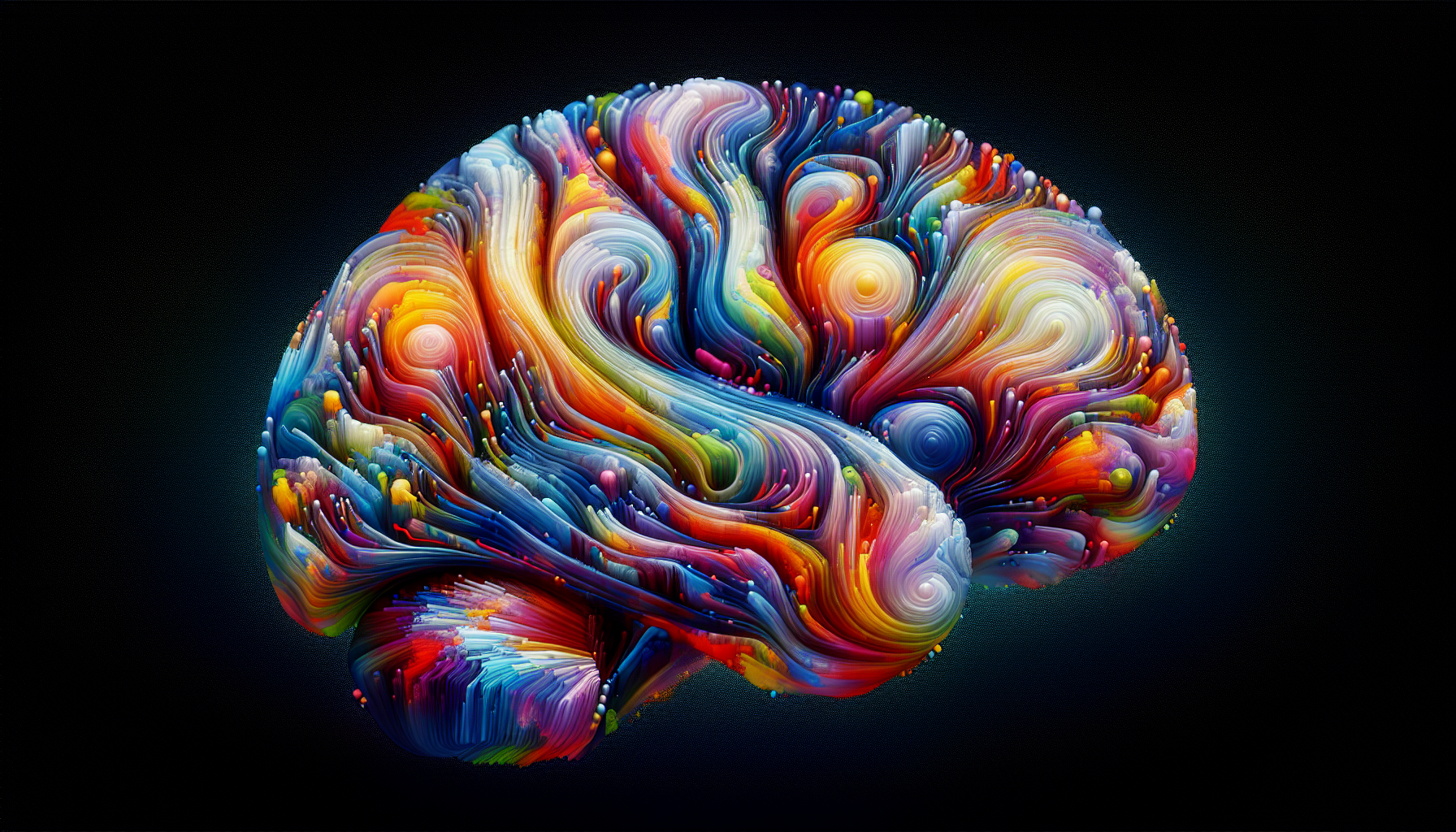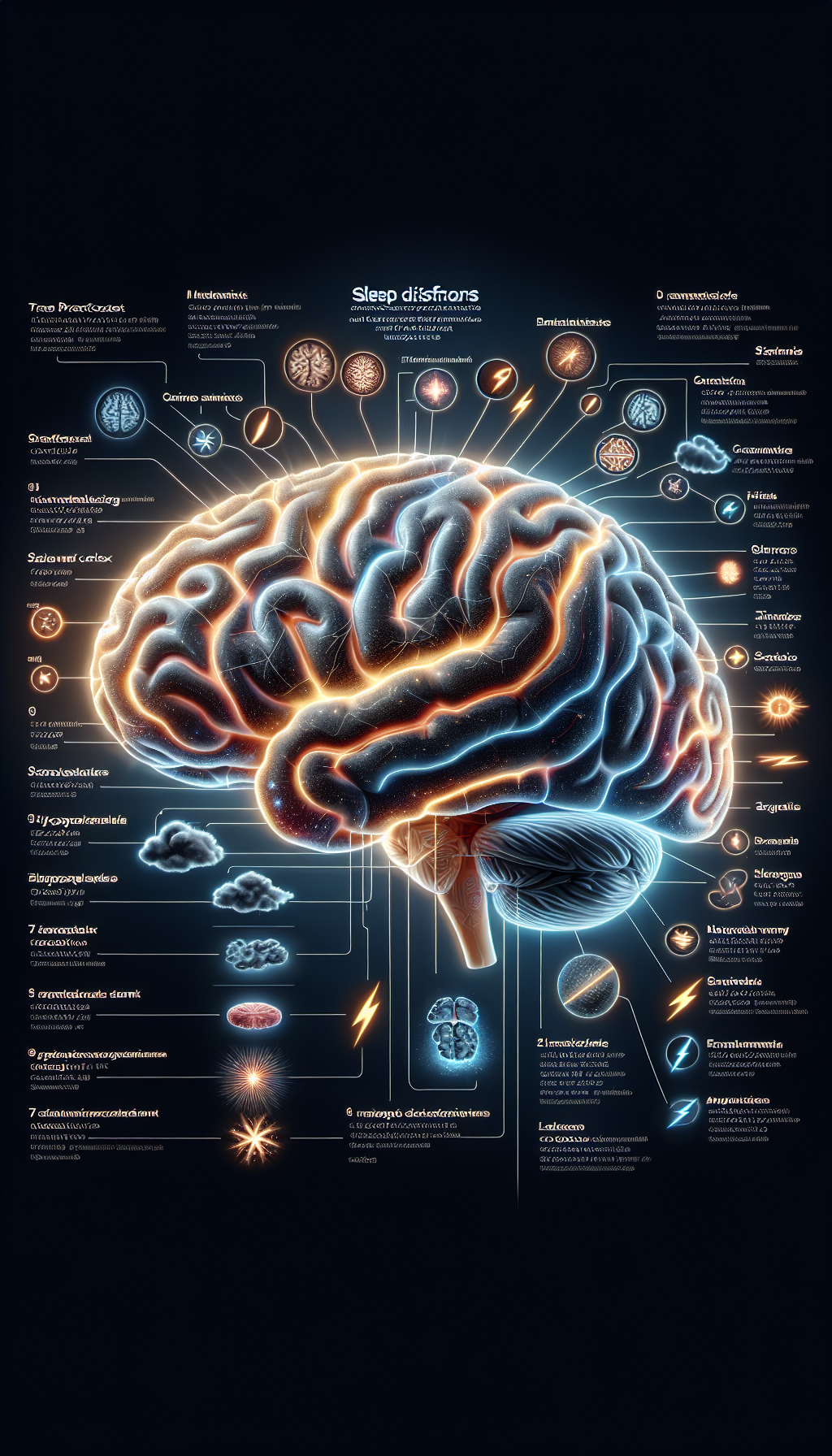Sleep, an essential human function, plays a critical role in brain health and overall well-being. Disruptions in normal sleep patterns, commonly referred to as sleep disorders, can have profound effects on the structure and function of the brain. This article delves into the intricate relationship between sleep disorders and brain health, exploring how these conditions can alter brain structure, affect cognitive processes, and impact daily life.
Understanding Sleep Disorders
Sleep disorders encompass a wide range of conditions that affect sleep quality, timing, or duration. Insomnia, sleep apnea, restless legs syndrome, and narcolepsy are among the most common. These disorders disrupt the sleep-wake cycle, leading to inadequate rest and a host of negative health outcomes.
Impact on Brain Structure
Chronic sleep deprivation and disturbances have been linked to alterations in brain structure. Research has shown that lack of sleep can lead to a reduction in the volume of certain brain regions, particularly those involved in cognitive function and emotional regulation. For instance, the prefrontal cortex, responsible for decision-making and self-control, can be significantly affected by sleep disorders.
The hippocampus, a region vital for memory formation, is another area susceptible to the impacts of sleep irregularities. Studies suggest that individuals with sleep disorders often exhibit hippocampal shrinkage, which correlates with memory deficits.
Functional Consequences
The functional consequences of sleep disorders on brain health are equally concerning. Cognitive abilities such as attention, problem-solving, and creativity are often impaired in those suffering from inadequate sleep. Moreover, emotional disturbances and mood disorders like depression and anxiety can be exacerbated or even triggered by sleep-related issues.
The Connection to Overall Brain Health
Maintaining brain health is crucial for ensuring a high quality of life and effective functioning across various domains. The effects of sleep disorders on the brain underscore the importance of sleep for cognitive health and neuroplasticity, the brain’s ability to adapt and reorganize itself. For more comprehensive insights into brain health, refer to Avix Health’s dedicated section on Brain Health.
Holistic Approaches to Brain Health
Embracing holistic wellness approaches can mitigate the negative impact of sleep disorders on brain health. Techniques like mindfulness meditation, yoga, and a balanced diet rich in antioxidants are known to promote brain health and resilience. For further reading on holistic wellness and brain health, the article on Effects of Holistic Wellness Approaches on Brain Health offers valuable information.
Cognitive Activity and Dementia
Engaging in regular cognitive activity has been suggested to delay the onset of dementia and other neurodegenerative conditions. Activities such as learning new skills, playing musical instruments, or participating in brain-training games can stimulate the brain and potentially protect against cognitive decline. To delve deeper into this topic, consider reading Can Cognitive Activity Delay the Onset of Dementia.
External Support and Resources
For those seeking further information on the impact of sleep disorders on the brain, several niche resources provide in-depth knowledge. The Sleep Foundation, for instance, offers a wealth of resources on sleep health and its correlation with brain function (Sleep Foundation). Additionally, the National Institute of Neurological Disorders and Stroke provides extensive research findings on how sleep affects the nervous system (National Institute of Neurological Disorders and Stroke).
Strategies for Improving Sleep and Brain Health
Improving sleep quality is vital for protecting the brain’s structural integrity and functional capacity. Adopting good sleep hygiene practices, such as maintaining a consistent sleep schedule and creating a restful sleeping environment, can significantly enhance sleep quality.
Therapeutic Interventions
For those with clinical sleep disorders, therapeutic interventions such as cognitive-behavioral therapy for insomnia or continuous positive airway pressure (CPAP) for sleep apnea can be highly effective. These treatments address the underlying causes of sleep disturbances, leading to better sleep and improved brain health.
Lifestyle Modifications
Lifestyle modifications, including regular exercise and stress management techniques, can also contribute to better sleep. Exercise is known to increase the brain’s resilience to stress and can improve sleep patterns. The article on How Exercise Affects the Brain’s Resilience to Stress provides further insights into the beneficial effects of physical activity on sleep and brain health.
Conclusion
Sleep disorders have far-reaching implications for brain structure and function. Understanding these effects is essential for developing strategies to mitigate their impact and promote overall brain health. By incorporating holistic approaches, cognitive activities, and targeted therapies, individuals can protect their brain health and improve their quality of life.
In summary, the intricate relationship between sleep, brain structure, and function highlights the importance of prioritizing sleep health. By exploring the resources provided and seeking appropriate interventions, individuals can take proactive steps towards maintaining a healthy, well-functioning brain.



